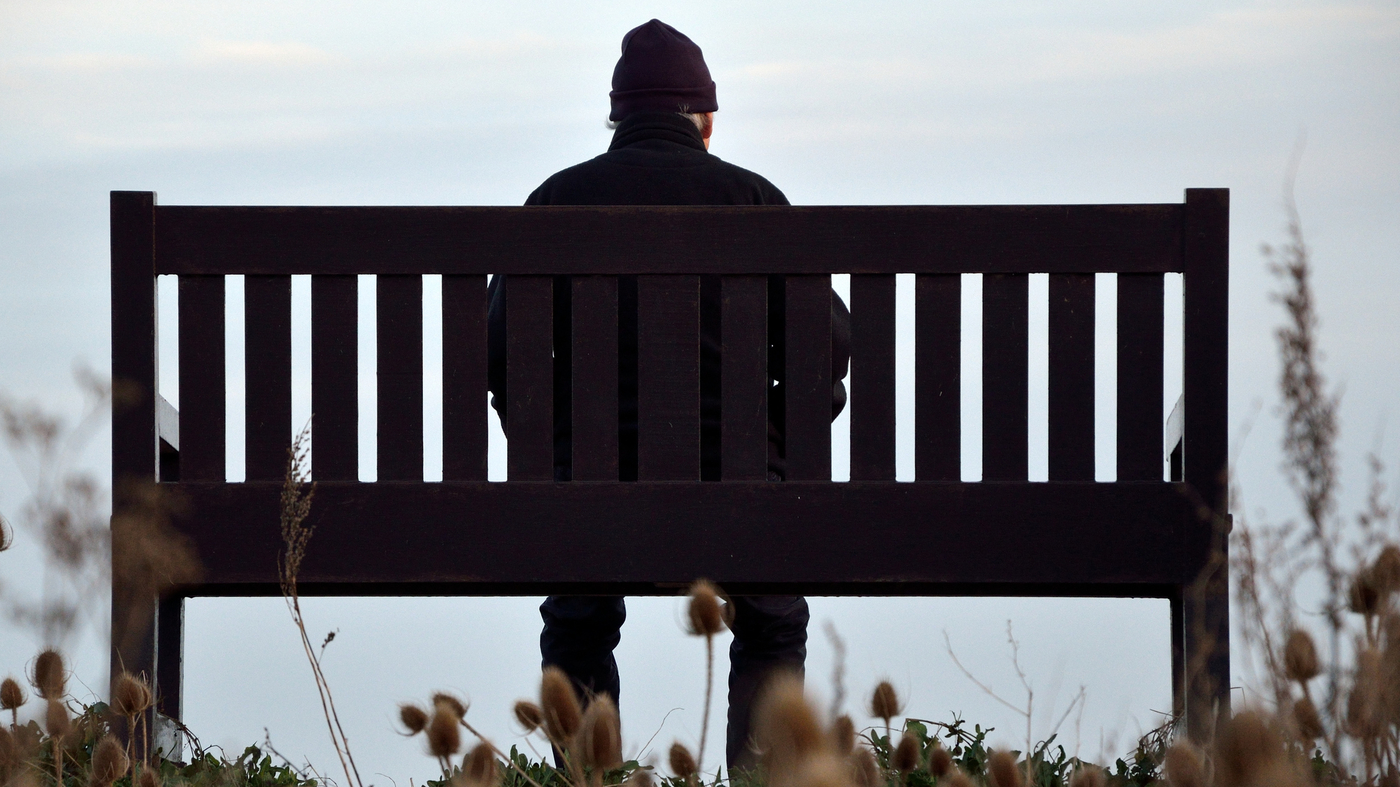
After losing someone close to you, it may feel like nothing will ever be the same again. In some ways, it won’t. But after you’ve had time to mourn, it’s important to make an effort to establish a new sense of normalcy. Making this effort can help you personally feel better, honor your loved one, and simultaneously help you create a path to a better future.
Table of Contents
Memorialize Your Loved One

Source: spiritpieces.com
One of the first things you should do is memorialize your loved one with cremation jewelry or similarly meaningful mementos and/or monuments. Moving on and creating a sense of normalcy is important, but you won’t be able to do that until you’ve spent an appropriate amount of time remembering and grieving your loved one.
Creating a permanent and meaningful reminder of who they are and what they meant to you is one of the best ways to do it, and you can carry it with you always.
Acknowledge and Accept Your Feelings
It’s tempting to fight against negative feelings you experience in the wake of your loved one’s death, but it’s much better to acknowledge and accept those feelings. Ironically, the more you fight feelings of sadness, despair, or even anger, the more you’re going to feel them, and the more they’re going to influence your daily life. The same is true of guilt, which many people feel regardless of how their loved one passed; you may feel guilty that you’re the one who survived, or feel like some kind of decision, at some point in the past, could have prevented this.
Instead of dwelling in these negative feelings or fighting against them, spend time addressing them and acknowledging that they’re normal. Doing so robs them of their power, allows you to process your feelings in a healthy way, and eventually sets you up for a greater sense of normalcy.
This is a difficult process, and often not a linear one, so take things one day at a time.
Talk to Others

Source: nj1015.com
Spend time talking to other people about what you’re feeling and your loved one. Connecting with other people and explaining your thoughts and feelings can make a dramatic difference in your sense of well-being and sense of connectedness. Ideally, you’ll have the time and the opportunity to talk to friends and family members, who will lend you their support however they can.
It’s also a good idea to find and talk to a professional therapist. Therapists will actively listen to you, ask you thoughtful questions, and help assess your overall mental health. Whether you feel “mostly fine” or on the brink of total devastation, therapists can help you better understand your feelings, gain perspective, process your grief, and equip you with coping strategies you can use in your everyday life.
If you’re looking for a therapist, you can start with national registries through the American Psychological Association (APA). Finding the right therapist isn’t always easy, but it can make a huge difference in your outlooks and mental health.
Focus on Self-Care
In the aftermath of losing a loved one, many people neglect their own self-care. They may be so overcome with negative feelings that they have trouble getting out of bed, or they may be so preoccupied with taking care of others that they neglect themselves in the process.
Don’t beat yourself up or feel guilty if self-care is a struggle for you, but you should establish it as a personal priority. Every day, make it a point to bathe, eat nutritious meals, stay hydrated, brush your teeth, and take some time to do things you enjoy. Ideally, you’ll also be able to exercise, meditate, and work on managing your stress.
Distract Yourself
Distractions can manifest in unhealthy ways, but if you’re conscious and deliberate about your efforts, distractions can be incredibly valuable. They give your mind a break and give you an opportunity to explore something other than your own grief.
These are some of the most valuable distractions you can use:
- Work If you love your work, or if you at least feel neutral about it, there’s nothing wrong with increasing your hours or spending more time on your career. It’s an environment totally removed from your loved one, and a place where you can be productive.
- Hobbies You can also engage in your favorite hobbies, whatever they happen to be. Anything from building model airplanes to knitting sweaters can take your mind off reality and give you a chance to engage in a flow state.
- Entertainment Certain types of entertainment can also be excellent distractions. Bury yourself in a book, go see a movie with friends, or binge watch your favorite television series.
- Socialization Socializing with others helps you build and reinforce the best relationships in your life, and they serve as a great reminder that you still have a great life ahead of you. Any social activity that brings you joy is worth pursuing.
Do New Things

Source: lifehack.org
Finally, consider trying some new things. Your life will never be quite the same, so you may feel more comfortable about your future if you take more direct control in shaping it. Go to new places, meet new people, and incorporate new activities into your daily routine. You’ll be glad you did.
Normalcy is a bit of a subjective term. And it might be many years before things feel even remotely normal. But if you practice the strategies in this guide, you can move on from your loss in a healthy way and eventually cultivate a sense of peace.








